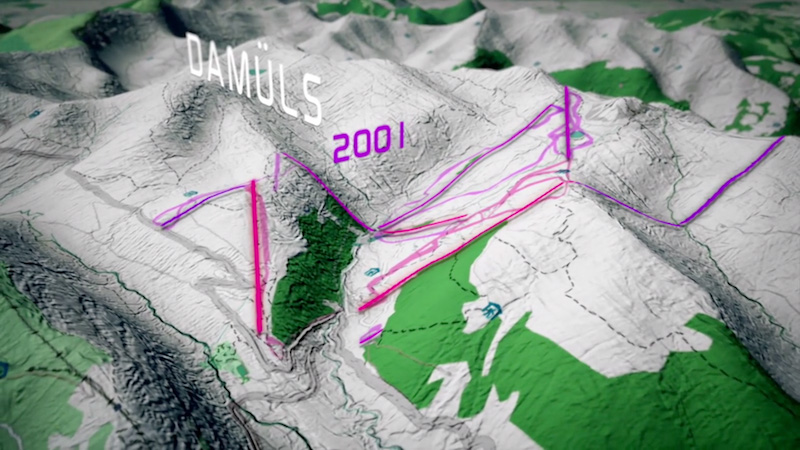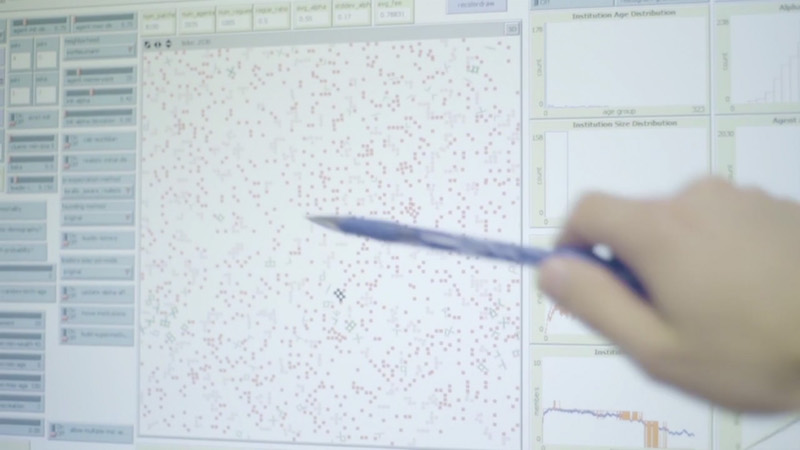Complex World – Dynamic Simulation
Since Aristotle, mankind has been used to the principle of causality; meaning that every effect has its cause. However, is it possible to identify the exact cause of every effect within an increasingly connected environment? What are the economic and ecological effects of CO2 taxation? How do ski slopes influence their environment? What is the fairest and most sustainable way to allocate scarce resources?
We are acting in complex systems, where impacts are often disguised by random effects and appear with a delay. Therefore, causes often remain in the dark.
When complexity reaches the limits of the human brain, we need to find tools and means to overcome this obstacle. Since the advent of the first electronic computing machines, mankind has tried to harness their computing power for simulations. The steady increase of their capabilities brought with it ever stronger, more powerful and complex simulation models – for a wide field of applications.
This project showcases four real-world examples from research domains that show how modern means can help us reduce and understand complexity. The users can experience these problem-cases through experimentation with simulation models. And the involved scientists explain the problems in four short films for a non-scientific audience.


Category
Educational
Links
Project websiteFunding
Vienna Business Agency

